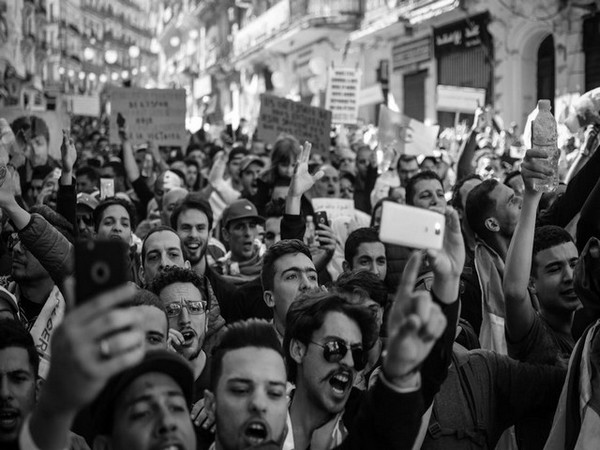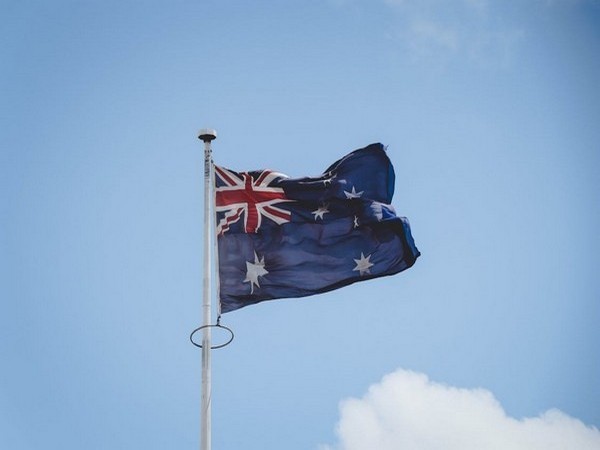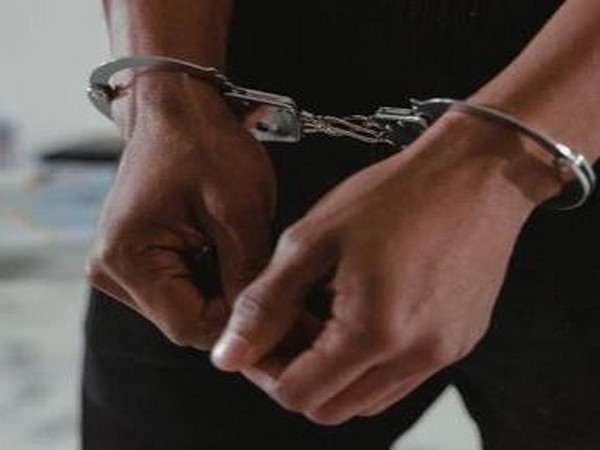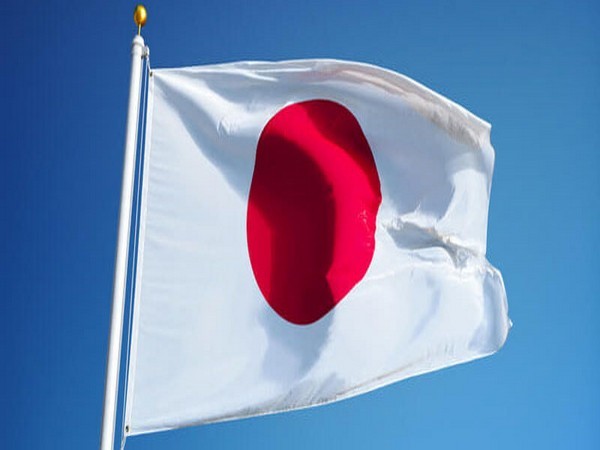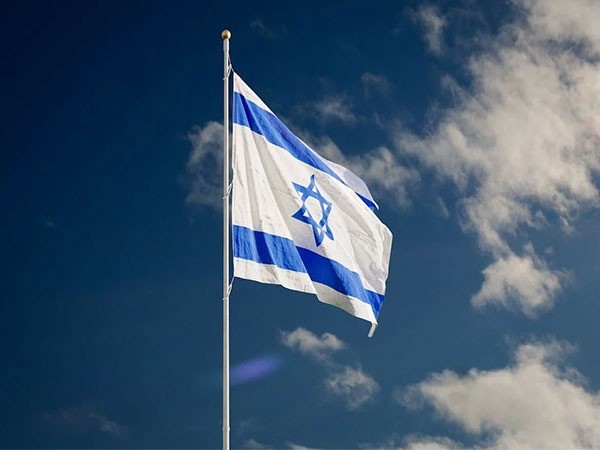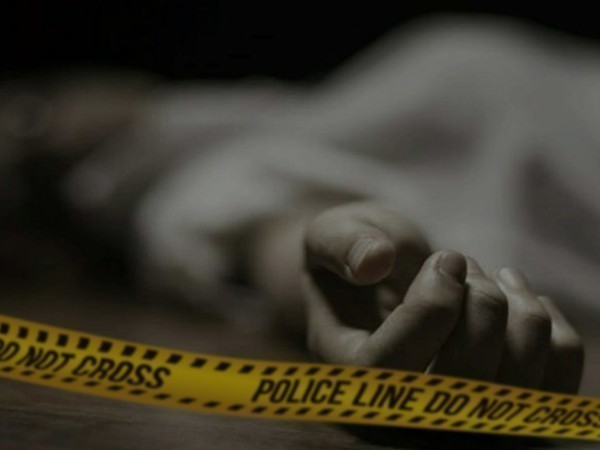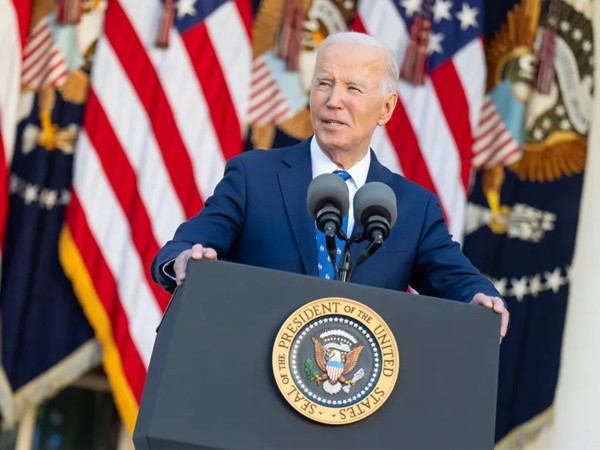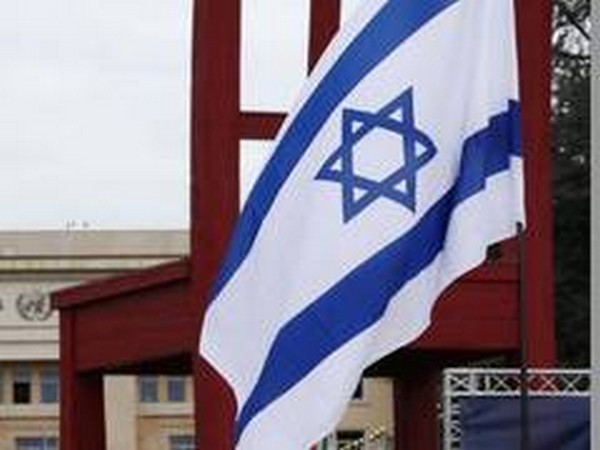Response to Israeli assassination inevitable: Hezbollah
Aug 02, 2024
Beirut [Lebanon], August 2: Hezbollah leader Hassan Nasrallah has said the war with Israel has "entered a new phase" as he addressed crowds of supporters who had gathered for the funeral of Fuad Shukr, the group's senior commander who was killed in an Israeli strike in Beirut.
Nasrallah said on Thursday that Hezbollah is considering a "real, studied" response to the attack, rather than a symbolic one, adding that several countries had urged the Lebanese group against retaliating.
Israel has "crossed red lines" and a response is "inevitable", Nasrallah said, adding that a regional escalation will depend upon Israel's response to the upcoming reprisal.
Meanwhile, Prime Minister Benjamin Netanyahu said Israel was readying itself for a retaliatory attack by Iran and its allies. "Israel is very prepared for any scenario - both defensively and offensively," he said, according to his office. "We will exact a very heavy price for any act of aggression against us from any arena."
The raid that killed Shukr targeted the Haret Hreik neighbourhood, a densely populated area in Beirut's southern suburbs of Dahiyeh on Saturday. Three women and two children were also killed and dozens were injured, according to Lebanon's Ministry of Public Health.
It was followed by another strike early on Wednesday in Tehran, which killed Hamas political leader Ismail Haniyeh, further stoking fears of a joint response between Iran and its allied groups and a possible all-out war in the region. Israel has not commented on the incident and did not claim responsibility for the assassination.
The Israeli military said the "precision strike" that targeted Shukr had been in response to the attack that killed 12 children and young adults playing football in Majdal Shams in Syria's occupied Golan Heights on Saturday.
Hezbollah has denied responsibility for the incident. In his speech on Thursday, Nasrallah reiterated that denial and said Hezbollah would have admitted a "mistake" if a rocket had been misfired.
Hezbollah started attacking military bases in northern Israel the day after the outbreak of the war on Gaza on October 7 in what it says is a "support front" to back Palestinian groups.
Since then, Hezbollah and Israel have engaged in near-daily clashes, but the violence, which has displaced tens of thousands of people in both countries, has remained largely contained to the border areas.
Source: Qatar Tribune
